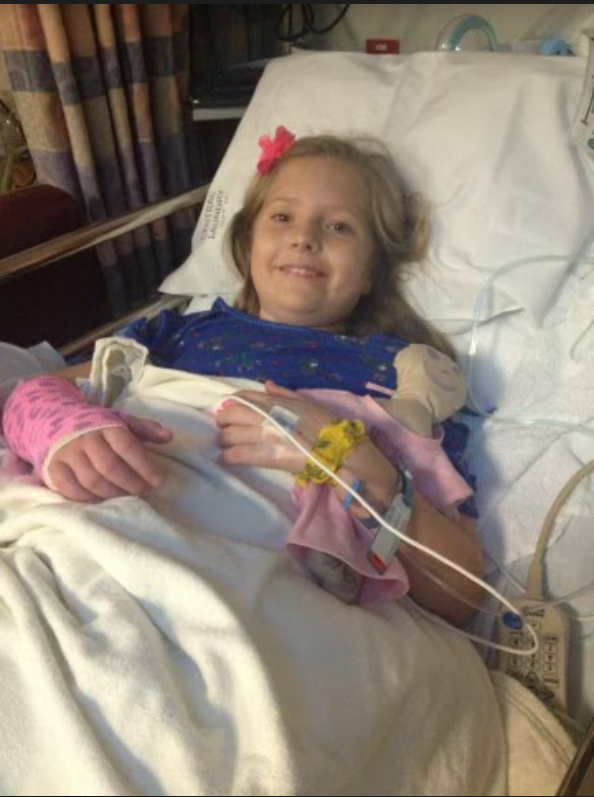
Research Grant Program
Thank you for your interest in our Research Grant Program! Since 2023, KARES has funded seed grants to academic labs studying KDM5C. In late 2025, we will fund up to one $40,000 seed grant that aligns with our research priorities.
One of the KARES Foundation’s core pillars of work is to support research that will ultimately target treatments for KDM5C–related disorders. We strongly encourage interdisciplinary collaboration and the sharing of resources as a means of accelerating progress. Research funded by the KARES Foundation is for public use in an effort to educate and promote further discovery.
All applicants should submit a concise (1-2 pages) LOI to info@kares.foundation. The LOI should contain:
Scientific aims of the proposed project
Rough timeline
Rough budget
Direct impact on the KDM5C community
The KARES Foundation Scientific Advisory Board (SAB), Board of Directors, and external reviewers as needed will review LOIs and decide whether to extend the invitation to submit a full grant application.
LOIs for 2025 will be accepted until Sept 30, 2025.
Full grant applications will be due in November, 2025. Email info@kares.foundation with questions.
Submit your Letter of Intent (LOI)

Funding Recipients
Establishing a DNA Methylation Signature for KDM5C (Claes-Jensen Syndrome)
In 2023, the Laboratory of Dr. Rosanna Weksberg at the Hospital for Sick Children (SickKids) in Toronto was awarded the inaugural $30,000 USD KARES Foundation grant.
This project focuses on developing a diagnostic biomarker to interpret variants of uncertain significance (VUS) in the KDM5C gene. To establish this biomarker, the team is using DNA methylation analysis on samples from individuals with known KDM5C pathogenic variants.
Recruitment efforts continue—to strengthen the biomarker’s diagnostic accuracy. Please reach out to info@kares.foundation if you are interested in participating in this study. This work contributes to the lab's broader goal of identifying epigenetic biomarkers for pediatric neurodevelopmental disorders.
Functionally Characterizing KDM5C Variants of Uncertain Significance
Currently, many KDM5C variants are classified as variants of uncertain significance (VUS) due to a lack of functional data. This is particularly the case for variants found in females, who develop a spectrum of symptoms that can be different that than the well-described male phenotypes.
The Krawczyk Lab received a $30,000 USD grant in 2024 to develop a pipeline to systematically characterize VUS in KDM5C. Their work has the potential to transform an “uncertain” variant into actionable medical information and impact genetic counseling and patient management, providing more precise, personalized medical insights, ultimately improving patient care and scientific knowledge.
Their findings will lead to future studies on the relationship between variants and disease which will ultimately lead to a greater understanding of KDM5C-related pathogenesis.
There are currently no targeted treatment options for individuals affected by KDM5C genetic variants. We are interested in preclinical and translational research that might pave the way to clinical trials and improve quality of life for KDM5C-affected patients. Join our team who KARES today!










